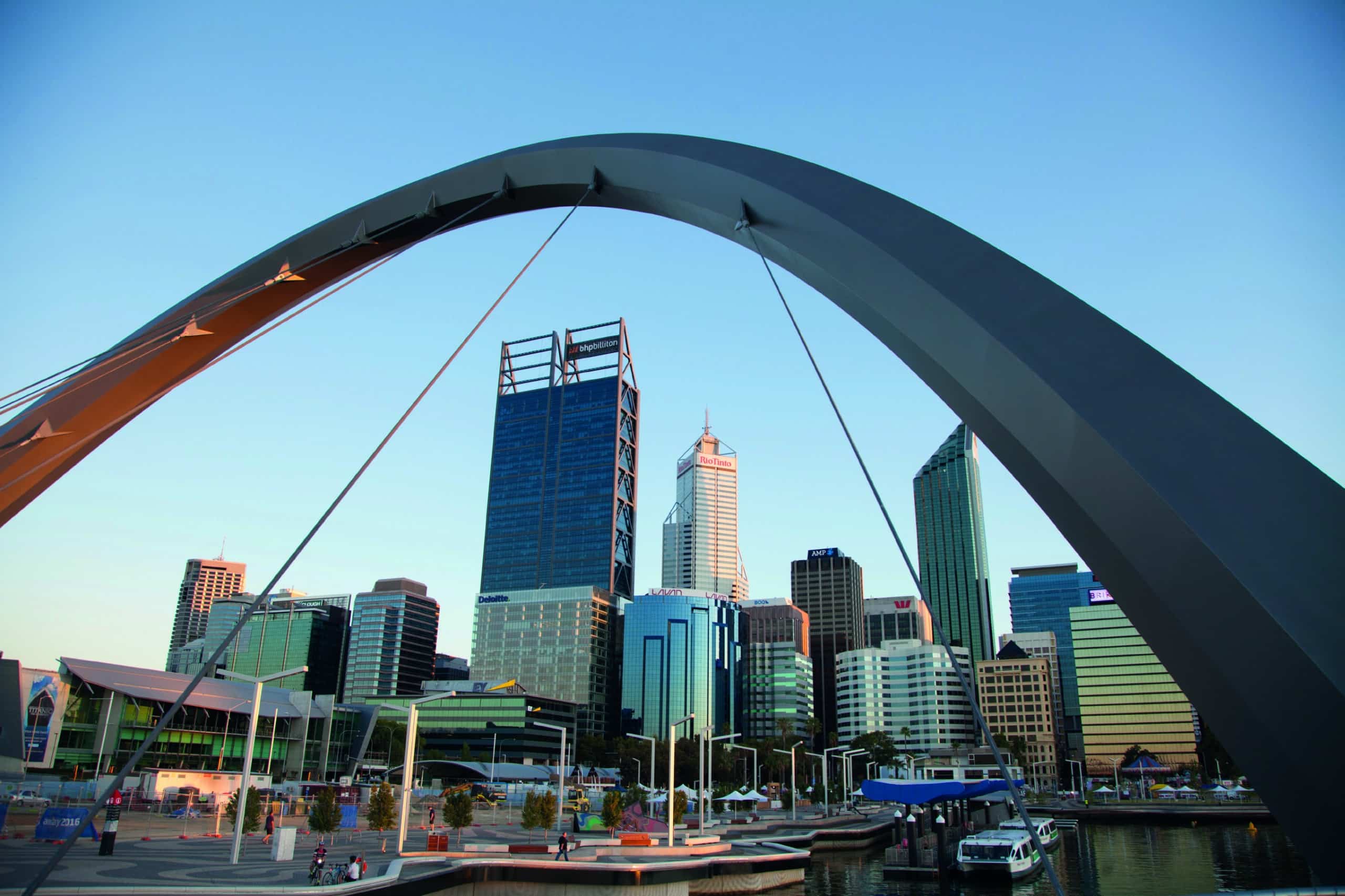WA Governor Kim Beazley says WA could play a globally-recognised role in fuelling the world’s shift toward lithium battery technologies but needs the full engagement of the Federal Government to achieve the vision.
Beazley said WA was in the “box seat” to play a central role in the accelerating shift to renewable energy sources, battery storage and electric vehicles thanks to its abundant natural resources and downstream processing abilities.
“We are likely to see WA form a key part of this equation in global politics, due to the strategic value of lithium and the security of supplies we offer,” he told the CCI-supported Lithium and Energy Materials Industry Consortium in Perth today.
The strategy sessions being held today by the consortium will help shape initiatives aimed at capturing more value from WA’s lithium output by processing the raw mineral into the chemicals and products needed by global battery makers.
CCI is deeply involved in the effort and is partnering with CME, BHP, Neometals, Synergy and City of Kwinana on an industry led report, set for release in September.
The study will assess WA’s international competitiveness in each part of the value chain and the economic drivers behind investment decisions in the industry.
Already there is plenty of global money flowing into WA to kick-start the value-adding push.
Three of the world’s biggest producers of lithium products – China’s Tianqi, Albemarle of the US, and Chile’s SQM are all either building, or considering, downstream processing of lithium ore in WA, Beazley said.
“The planned investments by these companies in WA is over $2 billion with an operational workforce of nearly 900,” he said.
“The potential is to develop further downstream processing for further steps down the lithium value chain.”
However, WA needed the active engagement of the Federal Government to fully realise the opportunities.
“We need to capture their imagination,” he said.
“It is the national taxation regime which suppresses or incentivises research, development and production.
“A current review of R&D tax incentives provides an opportunity to address widely-recognised shortfalls.
“Otherwise we risk a continuance of local innovation and industry moving overseas.
“The Commonwealth needs to consider us a partner in this opportunity.”
WA Mines and Petroleum Minister Bill Johnston, meanwhile, said the Lithium Taskforce would report its initial findings inside three months.
“If it’s not done in November it will be done in October,” he said.
“It is not designed to be the last word on lithium and energy materials, it’s just the next word.”
“It is very important that we get all the streams together and lay out a plan.”
Johnston said the State Government was also backing a bid to locate the Federal Government’s $50 million Future Batteries Industries Cooperative Research Centre (CRC) in WA.
There would be a shortlisting of CRC locations next month, with the Commonwealth expected to make a final decision in March.
“We’d be confident to be on the shortlist, but we do think that the only logical place for a battery industry CRC is here in Perth,” Johnston told reporters on the sidelines of the event.
“The WA Government has put $6m into that and I know it has been matched by $27m from the private sector.
“So we’ve had a huge success in driving the commitment to that CRC and now we need the Commonwealth Government to support that and add their $25m to see the CRC based here in Perth to drive the innovation that we’ll need,” he said.
Johnston also acknowledged the work of CCI, AMEC and CME: “We’re very pleased to partner with those three organisations here today to make sure that we get a good basis for government decision-making,” he said.












